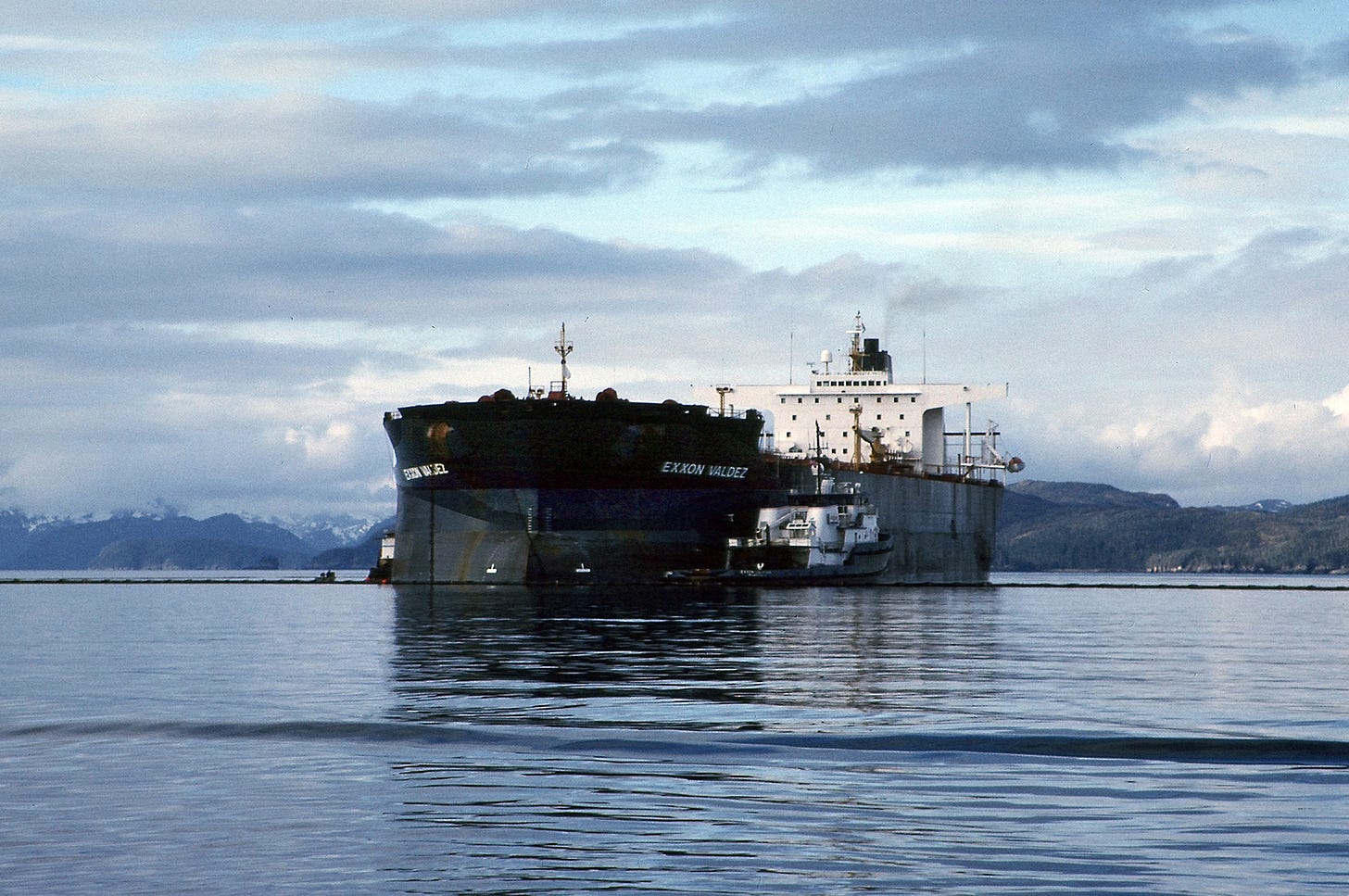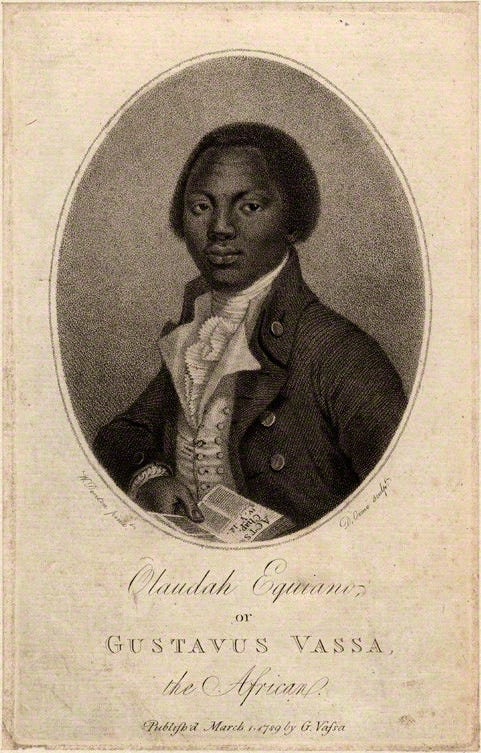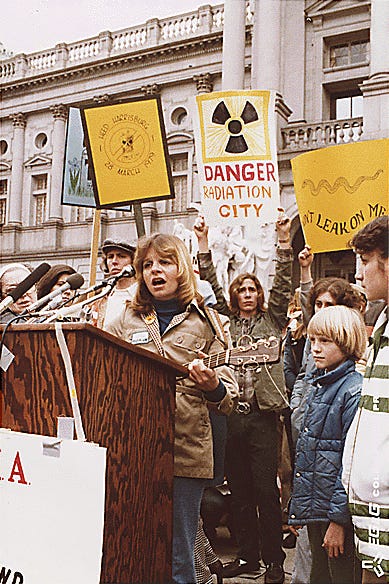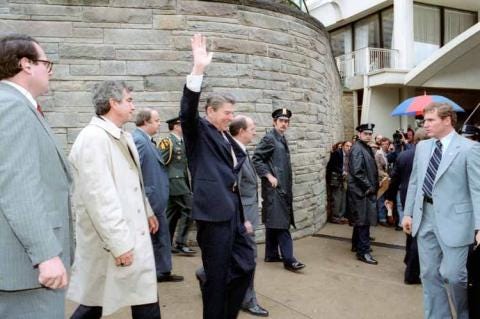This Week in History
March 24-30
March 24, 1989: One of the largest oil spills in US history occurred when the oil tanker Exxon Valdez ran aground in Prince William Sound off the Alaskan coast. The hull of the single-hulled tanker was punctured and 11 million gallons of oil leaked into the ocean, damaging the natural habitat over a stretch of 45 miles. The spill's effects on the local environment took over a decade to be abated.
March 25, 1807: The British Parliament abolished the slave trade following a long campaign against it by Quakers and others. Although buying and selling slaves became illegal in the British Empire, owning slaves overseas was permitted until it was outlawed completely in 1833. One of the books most effective in changing attitudes toward slavery in Britain was Olaudah Equiano's memoir of his years as a slave.
March 25, 1911: The Triangle Shirtwaist factory fire in New York City killed 123 young women employed as low-paid seamstresses (and 23 men), and injured another 146. Flames gutted the 8th and 9th floors of the factory in lower Manhattan in just a few minutes. Over 60 of the victims jumped to their deaths to avoid the flames. The sensational tragedy spurred national interest in the rights of mostly-immigrant women workers of the New York garment industry who had gone on strike just a year earlier in protest of the unsafe conditions.
March 28, 1979: The Three Mile Island nuclear power plant nearly melted down when uranium in the reactor core overheated due to the failure of a cooling valve. A pressure relief valve then stuck causing the water level to plummet and resulting in a release of radioactive steam into the atmosphere. The radioactive cloud threatened nearby Harrisburg Pennsylvania (the state capital) and created a storm of controversy over the necessity and safety of nuclear power plants.
March 29, 2004: Bulgaria, Estonia, Latvia, Lithuania, Romania, Slovakia, and Slovenia joined NATO as full members, expanding the reach into Eastern Europe of an alliance that had been formed to defend against the Soviet Union, which had ceased to exist in 1991.
March 30, 1981: Newly elected President Ronald Reagan was shot in the chest while walking toward his limousine in Washington, D.C. The president was rushed into surgery to remove a 22-caliber bullet from his left lung. "I should have ducked," Reagan joked. Three others were also hit by bullets fired by by John Hinckley Jr., including Reagan's Press Secretary, James Brady, who was shot in the forehead but survived. The president soon recovered from the surgery and returned to his duties.







